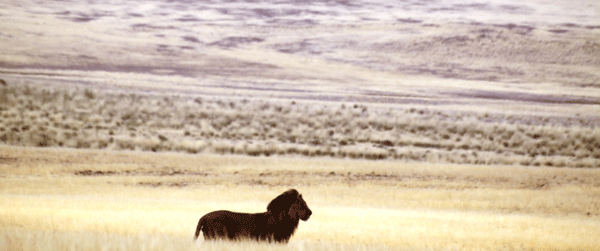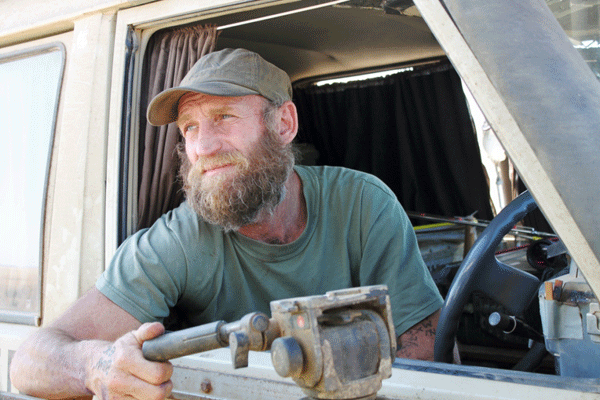
We’ve mentioned in previous blogs how honoured we are to be affiliated with the Desert Lion Conservation (DLC) project in Namibia, and when we receive updates from the field, we are reminded of just how important our sponsorship of the project is. Lion Rangers – a select few men from the affected conservancies in northwestern Namibia – are employed by TOSCO Trust and DLC to patrol and protect their communities from conflict with lions.
Human-lion conflict is one of the biggest problems facing the survival of lions today, and as the population of people in Africa grows, the less space there is for humans and predators to co-exist, and predators end up killing farmers’ precious livestock. The farmers’ retaliation of these attacks is what is destroying the lion population in many rural areas of Africa.
It is vital that this conflict is prevented in order to spare both the lions’ lives and the welfare of the local communities. The Lion Ranger programme is not without its challenges and has not prevented the killing of either livestock or lions altogether, but the improvement is vast and the value being placed on the lions is the most important change of all. Bertus Tjipombo is one of the Lion Rangers working and living in the remote Kunene region of Namibia, and here is his most recent update – a sign of growth and success in the programme, and for the first time, no attacks or deaths reported.
Namibians are thankful for the recent relief of rain that has filled the rivers and watered their land, and there is also speculation that the provision of more water for all will keep the wild animals and the domestic animals to themselves!
Dear Felix,
Hope you are well. We had some few drops of rain here in Purros so i hope there will be less animal conflict. We have been to Wereldsend for a workshop based on lions’ behaviour and how to track them. Workshop was attended by four different conservancies whereby people shared ideas and problems caused by lions. In their respective conservancies, the workshop was facilitated by Dr Flip Stander and Russel and they shared very helpful knowledge with us.
We received three binoculars, which were divided into three conservancies.
Dr Flip said that this workshop was level 1 and the second one will be practical and dates are yet to be confirmed.
About lion movement, the Terrace male is in the Skeleton Coast Park and Rosh is down the Hoaruseb River, while the lionesses are in Okongwe area.
Looking forward for any information you want to share it with us, have a great day ahead.
Thanks and Regards
Purros Lions Ranger
Bertus




